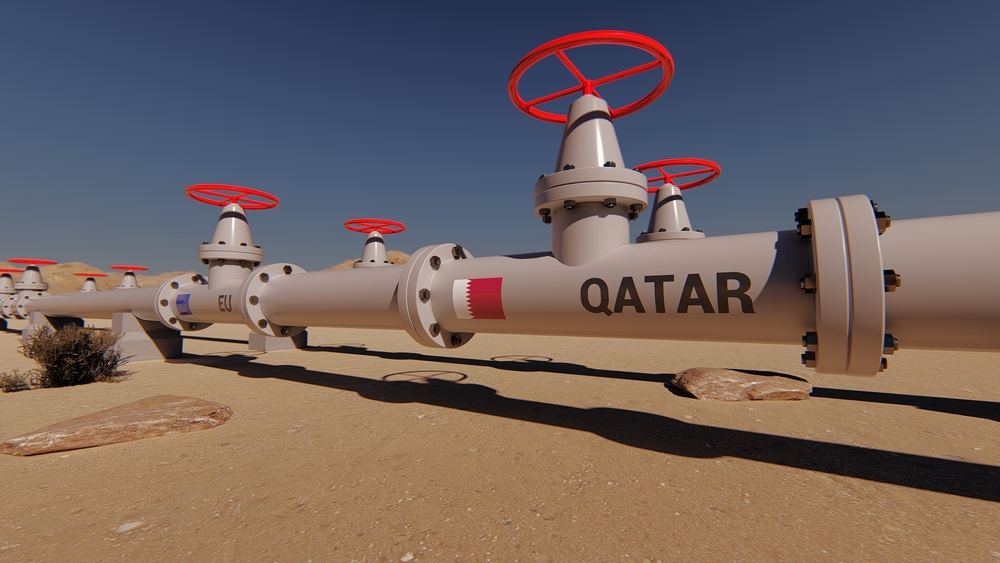Bad is More Powerful than Good: Use it to your advantage
I started thinking about the power of bad because even the positive media articles tend to have a slightly negative title as in doing so they sell more. Sensationalist bad is particularly captivating and attracts more readers and ultimately makes the news and journalists more money. It is also perceived as being more truthful than positive or neutral news.
I have been analyzing the power of bad to help the people I work with pursue strategies that can help them convert bad into good. A lot of these inputs and lessons have been inspired by the great many neuro-science studies as well as the book authored by John Tierney and Roy Baumeister, “The Power of Bad: How the Negativity Effect Rules Us and How We Can Rule It”.
Your brain is your enemy
Your own mind can be your best friend or worst enemy, depending upon how you relate to it. Just be aware that “our brain is very skilled at suppressing good news when it does not matter that much, but the brain is not very good at suppressing irrelevant bad news” (The Power of Bad). This is for the most part, the work of the amygdala, the part of the brain primarily involved in emotion, memory, and the fight-or-flight response. At times, amygdala goes into emergency mode perceiving subtle threats like timer, a text message or phone rings as if these mundane signals were life-threatening. In social science this is often referred to as the amygdala hijack.
What is fascinating about the amygdala is that even when things are good, she overworks trying to find trouble and keep the negative thoughts around us. When challenges get resolved, the amygdala keeps running negative scenarios about what could have gone wrong or could go wrong in the future. Furthermore, and as mentioned in the Power of Bad, even after you make a good financial decision resulting in monetary gains, the amygdala continues to react to the threats and financial losses that did not materialize and that could have materialized. In other words, bad thoughts are kept in our mind for longer than needed and keep influencing our decision making.
Negative events are more impactful
Negative events have a greater impact on us than positive events. According to social psychology research, people are more stressed out by the loss of $50 than they are made happy by finding $50. This is also known as the positive-negative asymmetry. This negativity bias means that we feel the pain of a negative comment, or a reproach more powerfully than we feel the joy for a compliment and an accomplishment. All human interactions are biased toward the negative and we tend to notice negative things and later remember them more durably regardless of the subject.
You must avoid bad
In business and in life, those that focus on preventing bad things from happening seem to succeed and thrive more than those oriented primarily toward maximizing positive outcomes. A person who ignores the danger of a corporate failure during a crisis may be caught off guard when financing dries out. Similarly, people that ignore the risk of wildfire may not live to see the next day. A person who ignores the pleasures of a fun night out may lose nothing but that, a fun night out. People’s survival and well-being thus seem to require more urgent attention to avoiding bad externalities than to pursues good outcomes.
Final thoughts
It is more important to eliminate the negative than to accentuate the positive. In other words, avoiding the bad is more important than performing good actions. When bad does happen, focus on converting this bad into good. What this means is to use the negative feedback to learn not to perform the same action again and improve your decision making. Use failure as a positive feedback and keep trying. Avoidable mistakes should be a core area of focus, which often can be addressed by talking less and listening more.
Stop the self-negative talk at all costs, and when a bad thought does happen “tell yourself out loud…not useful”. Your brain may be listening and changing behavior in the future.![ARYL
LILLY dd]
TO GOOD PEOPLE..
[SOL ETER LENT]](https://contents.bebee.com/users/id/3NOCH6390be95f1567/article/bad-is-more-powerful-than-AXDtSaC2Pmrd/zw01S.jpg)
Articles from Andrea Zanon
View blog
Il forte aumento della produzione di gas del Qatar (+85%) è un evento complesso con implicazioni pos ...

Gli impatti della siccità prolungata a Panama e del conflitto nella regione del Canale di Suez si fa ...

As the Saudi Public Investment Fund (PIF) marches towards an impressive $1 trillion by 2025, it soli ...
You may be interested in these jobs
-

Director of Lean Construction
Found in: Lensa US 4 C2 - 2 days ago
Hoar Birmingham, United States· The Director of Lean Construction acts as a change agent and drives all Lean implementation and training efforts. The Director of Lean Construction will lead all aspects of our core value of pursuit of Continuous Improvement through Lean principles, which utilizes Lean tools a ...
-

Locum Physician
Found in: One Red Cent US C2 - 5 days ago
LocumTenens Anderson, United StatesA facility is seeking an OB/GYN for locum tenens coverage. There are 2 RNs, 4 MAs, 2 PA/NPs and 10 office staff. There is a 90-day credentialing timeframe. Must have ABLS, ACLS, BLS and PALS. · Anderson, Indiana is filled with music, food and nature preserves to explore while on ...
-

Nutrition Services Aide
Found in: One Red Cent US C2 - 2 days ago
Sholom Community Alliance Saint Paul, United StatesSUMMARY · The Nutrition Services Aide - Server, serves food in the Skilled Nursing Facilities, Assisted Living or Independent Living dining rooms. This position has contact with staff, residents and volunteers in the kitchen area and Dining Room. · PRIMARY RESPONSIBILITIES · * Pr ...
Comments